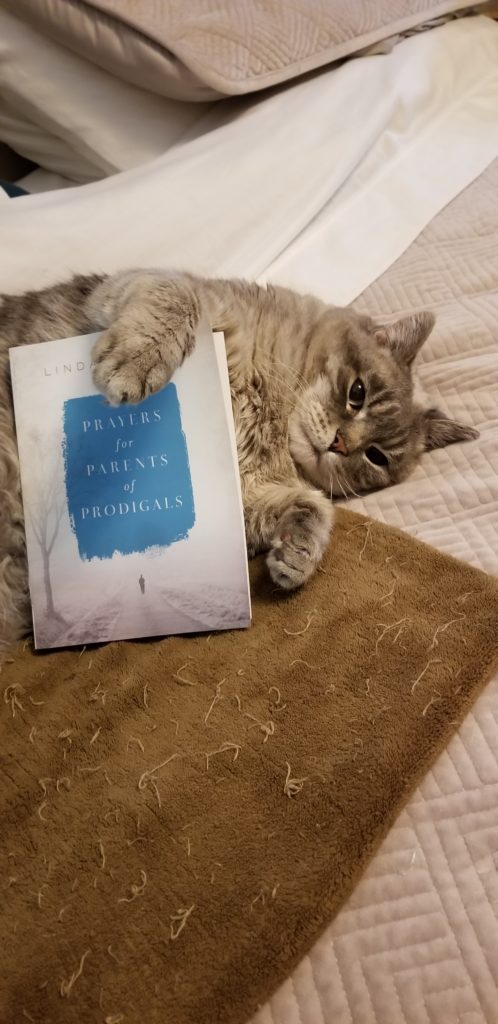
It’s launch day for my latest book, Prayers for Parents of
Prodigals! Over the past few months, I’ve learned so much about building a
platform.
Writing Tip for Today: Here are a few tips I’ve picked up
about growing a platform:
Who’s Your Tribe?
One of the things I’ve found is that tribes stick together. On
Facebook, for instance, many of my nearly 5000 “friends” have turned out to be
other writers. Now, writers are wonderful, and I enjoy the camaraderie, but
having thousands of friends who all want you to buy their books doesn’t add up
to many sales.
When I first started to embrace the platform idea, I noticed
that most of my engagements had to do with these weekly writer’s tips. Other writers
seemed somewhat willing to buy a novel from me, but nonfiction was another
matter. Nonfiction—such a book about prodigals—is much more topical. I knew I
had to go where parents of prodigals might gather.
I joined Facebooks groups of parents who were concerned
about a variety of “prodigal” issues such as Substance Use Disorder (aka addiction),
mental illness and boomerang kids. And I made sure not to lurk, but became
active in those groups, sincerely commenting and supporting others. In other
words, I didn’t join merely to sell books.
Who Do You Know?
When we think of influencers, we tend to zero in on
celebrities. Most will either ignore us or say they’re too busy to be involved
with our projects. Sure, dream on about Oprah calling. But before you moan, “I’ll
never build a platform,” consider that one contact can lead to another.
As I fished for influencers, first I had to know who the top
people in the field might be. Beyond a couple of well-known names, I researched
organizations dealing with Substance Use disorder, mental health and parent
support groups. I noted if the person had a book, podcast, TV or other media
credits. I made a list of people to contact, from the stars to the unknowns,
with contact information.
As I researched, I used different social media. Some were
prominent on Instagram, others used more Facebook or Twitter. Still others did
YouTube. All these folks had one thing in common: they advocated or were active
in the recovery or the mental health community.
Just Doing It
Right about now writers begin to say, “I hate putting myself
out there!” “I hate marketing!” What I did next to increase my platform (add to
my readership) was super simple. Since I published traditionally and not
independently, I had a certain number of books to give to potential
influencers. If you’re self-publishing, write into your business plan at least
a dozen or so copies to give away.
Armed with the free books, I sat down and wrote individual
emails to everyone on the list. I deliberately kept my email short and
personal. And I took the time to customize each letter. Remember those Facebook
groups I joined? I contacted group admins as part of my outreach. And then I
waited.
Responses rolled in little by little. In most cases, people were glad to help. Yes, the “stars” often ignored me, or I received a boilerplate “I’m too busy.” Sadly, Oprah never called. But I made new acquaintances, discovered other organizations I hadn’t known about and joined still others as an active contributor. I was able to get my book listed on the resources page of several well-known organizations. My platform really has grown—although I’ll continue to grow it. Order here.
A word to fiction writers: While it may sound more difficult
to pinpoint ministries or organizations relevant to your book, it doesn’t have
to be. You can expand your name recognition (platform) by identifying themes,
eras, topics and even incidentals in your story. Does your protagonist have a
dog? Join a group of dog lovers. But don’t simply add your name to hawk your
book. First, be a real member, commenting, asking questions and supporting the
group.
These platform ideas are doable from the comfort of your writer’s garret—you never have to actually talk with anyone if you don’t want to. But without a platform of some type, your readership will have trouble growing. And you don’t want to be left with thousands of other writers all clamoring for you to buy their books.




